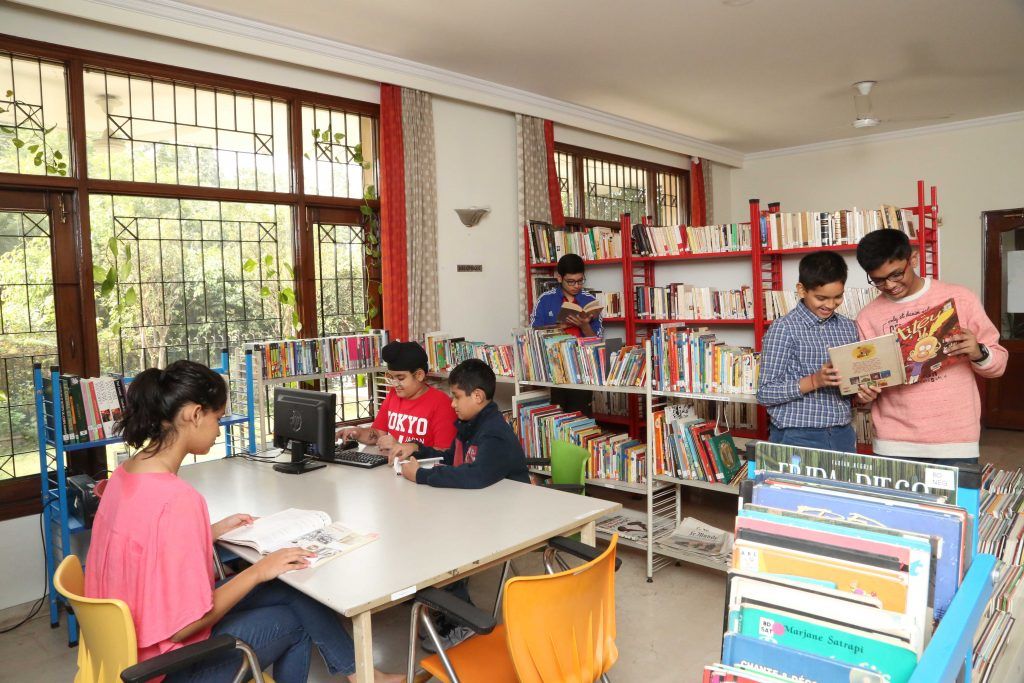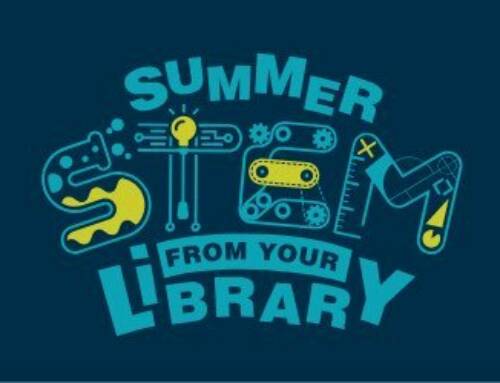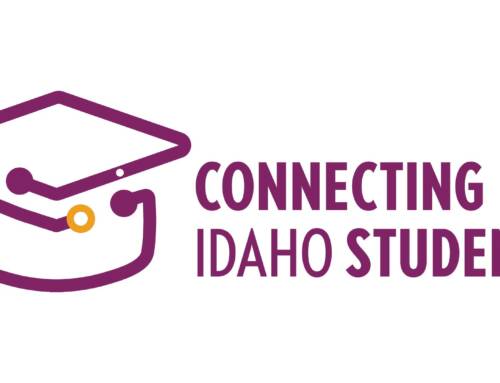Welcome back to school, and welcome back to The School Zone! It has been a fun (if smoky) summer here in Idaho, and we hope everyone is returning refreshed, recreated, and ready to take on a new year. As we set up the library for the school year and settle into the post-summer routine, here is some information about a few foundational matters that might be helpful to establish, revamp, or validate policies and practices:
Library Bill of Rights:
First adopted by the American Library Association in 1939, the Library Bill of Rights has been amended through the years, and was last reaffirmed in 1996. Some school librarians find it helpful to post a copy in the library. It’s short – just six short articles packed full of goodness- and the Interpretations document has more detailed information.
Interpretations of the Library Bill of Rights
The Intersection of FERPA and the School Library
FERPA refers to the 1974 Family Education Rights and Privacy Act, which protects the privacy of students as it applies to their school records. The Family Policy Compliance Office, which is the agency that implements FERPA, considers a student’s library records to be part of their education records, and so covered under FERPA. That means their library records cannot be disclosed unless there is consent by the parent (or student if s/he is 18 or older), unless an exception to consent requirement applies.
We librarians are big on privacy. We protect the circulation records of our patrons (even those that are young), keep private any resources they may have used, or help they may have requested. We also do our best to make sure personal information like reading scores remain in the need-to-know arena. It’s a good idea to understand school district policy on privacy matters in the library, and when in doubt, err on the side of privacy. It is much easier to give out information to correct a mistake than to get it back.
In school libraries, there are a number of ways we can respect our patrons’ privacy and operate within FERPA. Here are a few:
- A frequently mentioned practice that is considered a FERPA violation is posting lists of students’ overdue books. Posting lists of overdue books is also posting lists of books and who has checked them out, which is private information. A better practice would be to notify the student or the parents through personal overdue slips that have been folded to hide book titles and show only the student’s name.
- Allowing volunteers or student aides to check books out to students could violate student privacy. Aides and volunteers are very helpful, but are not paid staff members and so are not held to the same privacy standards as staff. They shouldn’t know what books or resources any student has checked out from the library, and it is so, so tempting to look. If it is easy for non-library staff to access that information, it might discourage students from getting materials they need.
- A common practice among school libraries that use Accelerated Reader and similar reading incentive programs is to organize the library by reading level. This shelving system, particularly when used in conjunction with policies that restrict students to materials within a certain reading level, allows any observer to discover the reading level of any student who happens to be selecting a book. According to the American Association of School Librarians’ (AASL) Position Statement on Labeling Books with Reading Levels, “Only a student, the child’s parent or guardian, the teacher, and the school librarian as appropriate should have knowledge of a student’s reading capability.” In addition, this non-standard practice can inhibit a student’s ability to use other libraries.
And finally, proposed in 1931 and still true and useful, Ranganathan’s Laws of Library Science:
- Books are for use.
- Every reader his (or her) book.
- Every book its reader.
- Save the time of the user.
- The library is a growing organism.
Find a modern version and a Web version here.
Sources:
Adams, H.R. (2011, April 1). The Privacy Problem. Retrieved
September 5, 2017, from http://www.slj.com/2011/04/students/the-privacy-problem/.
“Library Privacy Guidelines for Students in K-12 Schools”,
American Library Association, May 5, 2016. http://www.ala.org/advocacy/privacy/guidelines/students
(Accessed September 5, 2017). Document ID: 91e2d50f-f3c1-3ae4-f5f9-44379c57bd98
“Position Statement on Labeling Books with Reading
Levels”, American Library Association, August 2, 2011. http://www.ala.org/aasl/advocacy/resources/statements/labeling
(Accessed September 5, 2017) Document ID: fe12def5-73e5-f164-dd9d-b9a24805952f




